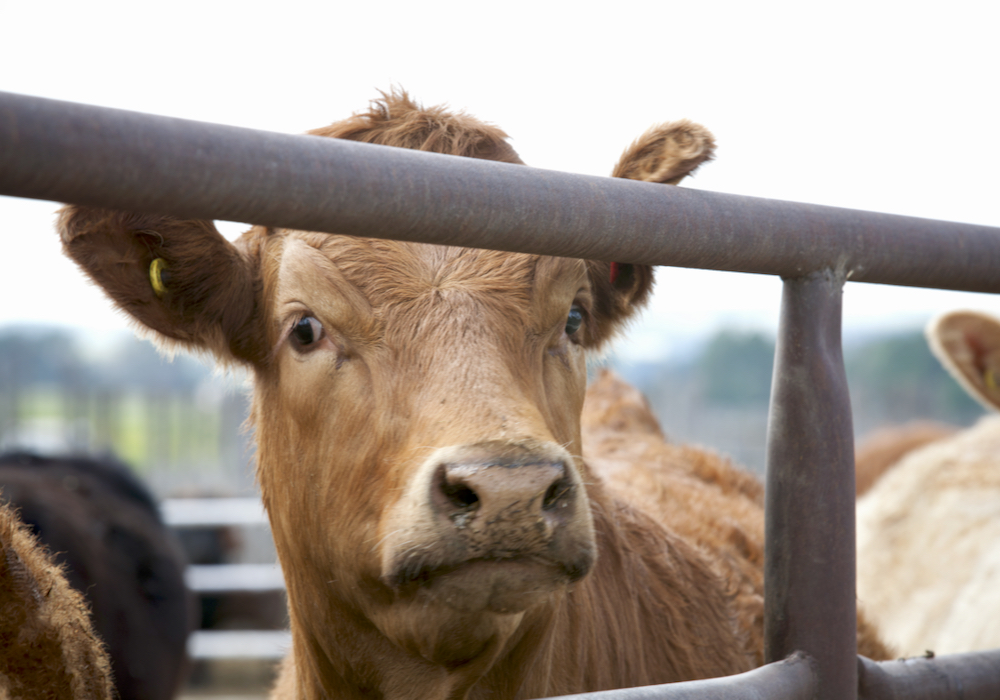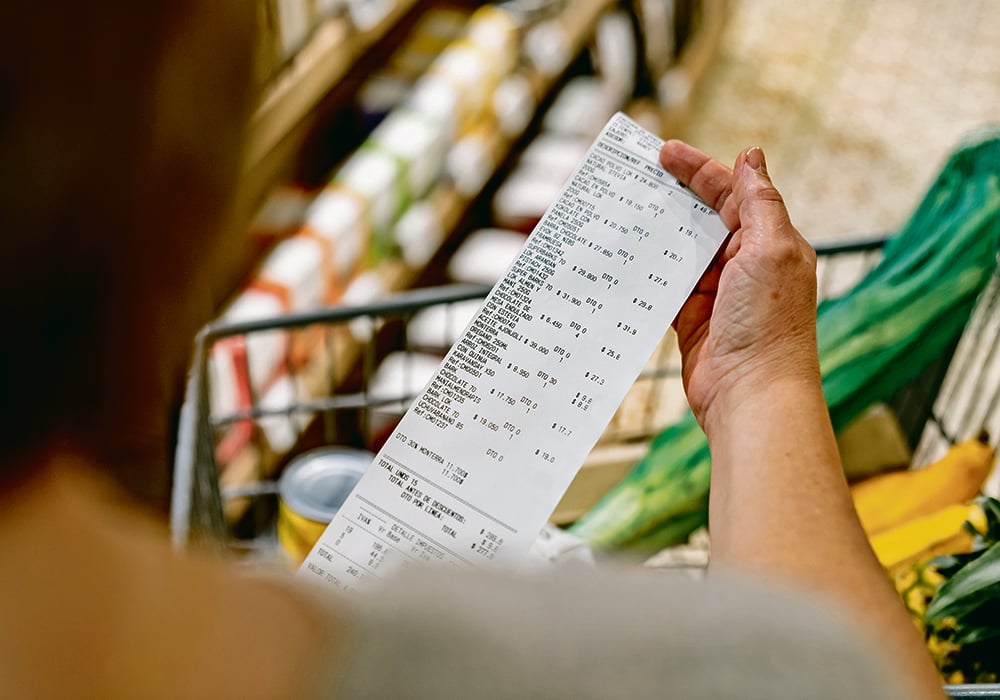CFIA hears concerns about new traceability reporting times

Results from an online consultation on livestock traceability show there’s widespread support for tracking farm animals, but there are concerns with tighter timelines for reporting and tag retention.
Read Also

Remove carbon tax throughout food chain: professor
Glacier FarmMedia – The head of the Agri-Food Analytics Lab at Dalhousie University says the carbon tax should be removed…
The Canadian Food Inspection Agency held the consultations from March to June 2023, and recently released a summary of the 1,299 comments received from 778 submitters.
Why it matters: Livestock traceability has been implemented in various forms across livestock sectors, with various degrees of benefit and cost to producers.
The CFIA has proposed changes to national traceability regulations that include:
- Adding goats and farmed cervids (like deer and elk) to national traceability requirements;
- Movement requirements for all regulated species;
- Reduced reporting requirements to seven days from the previous 30 to 60 days;
- Required reporting of premises identification numbers;
- Requirements around animal indicators, including tags
The CFIA also says it plans to modernize the ways animals are identified to make indicators technology neutral.
While the agency was mostly looking to get input about new regulations, it also received many comments about the loss of tags, which it refers to as animal indicators. If a tag is lost, it must be replaced by the person in possession of the animal. The CFIA says there are concerns about the high cost of tags.
New regulations not supported by respondents include concern about the time required to adhere to some of the requirements.
There was concern that reporting times and recording licence plates of vehicles involved in livestock movements would take too much work. As well, the need to report livestock movement and apply tags to unidentified animals would be a burden for livestock fairs and exhibitions.
Challenges were also noted regarding the departure of pig carcasses, and also the date and time of departure for live pigs. Concerns were expressed with the selling or transfer of approved tags to other parties.
The CFIA said several areas received mixed reactions from commenters. They included the amount of time required to report movement. Some thought seven days made sense and others wanted the time requirement to be shorter.
Some supported the need for veterinary clinics to report movement of livestock to and from the premises, but others thought the burden should be placed on livestock owners.
There’s an exemption allowed for livestock imported for immediate slaughter and some were concerned about the risk it might present for disease control.
And while there was support for identifying young meat goats, some people were concerned with the burden of that requirement due to the low market value of the animals.
The CFIA says it will now go back to stakeholders to find solutions to the concerns. It plans to publish final amendments to the new traceability regulations in 2024.
Source: Farmtario.com

